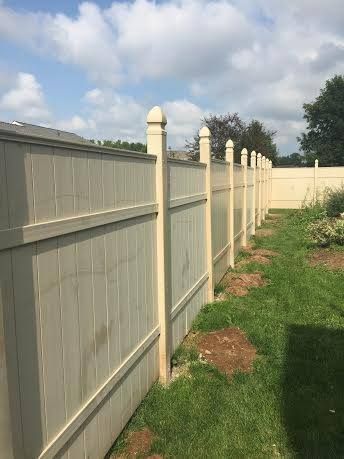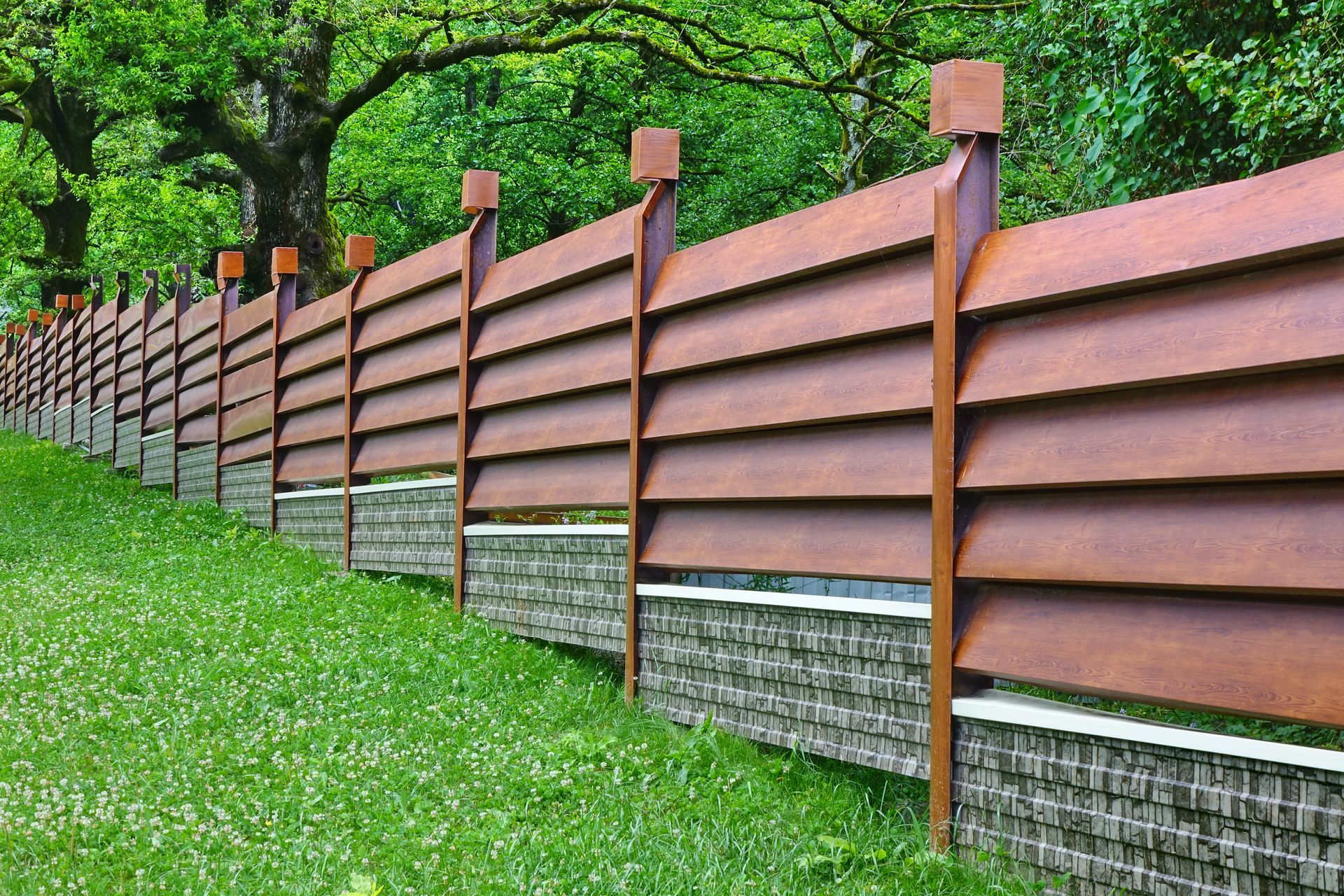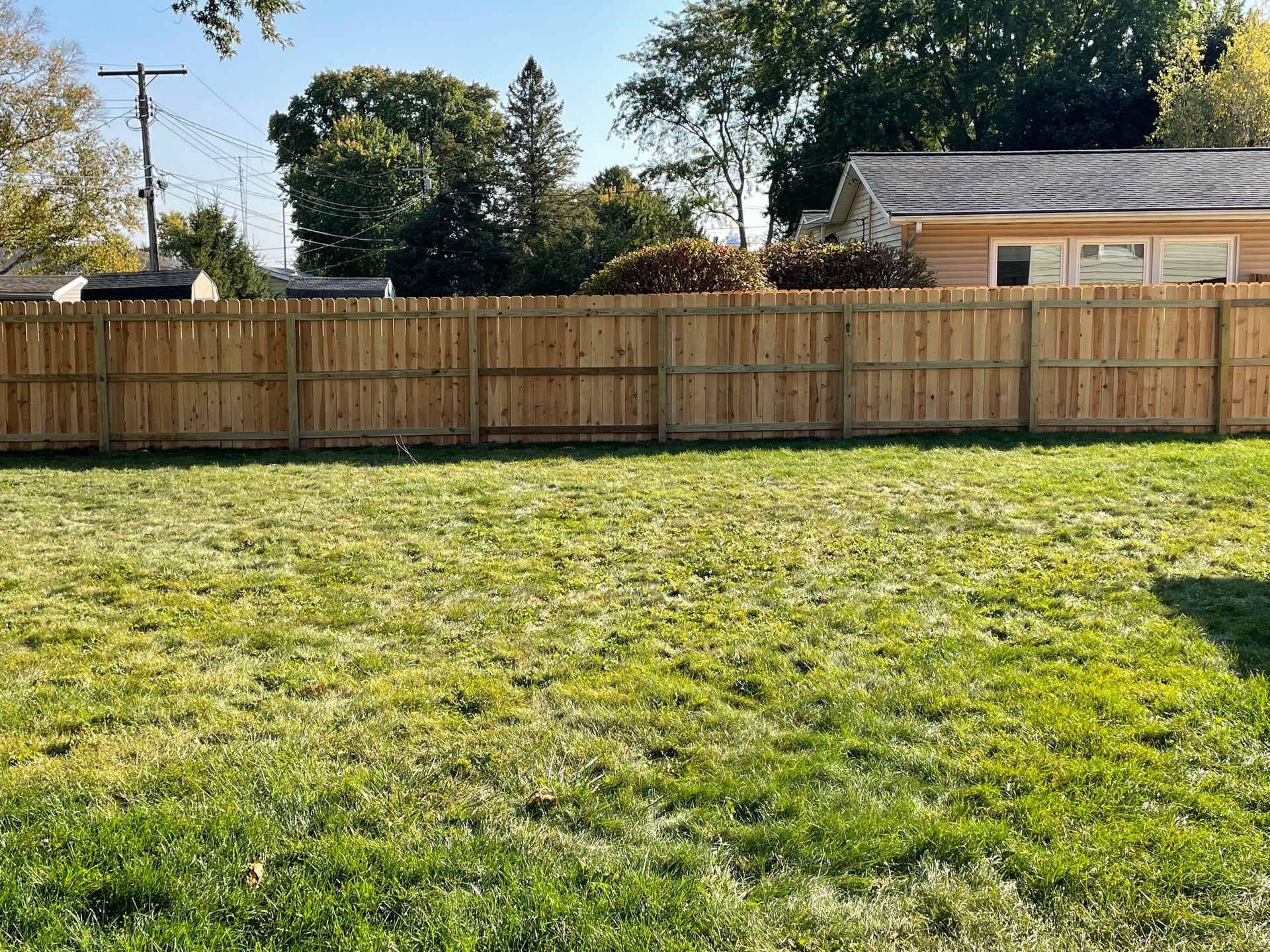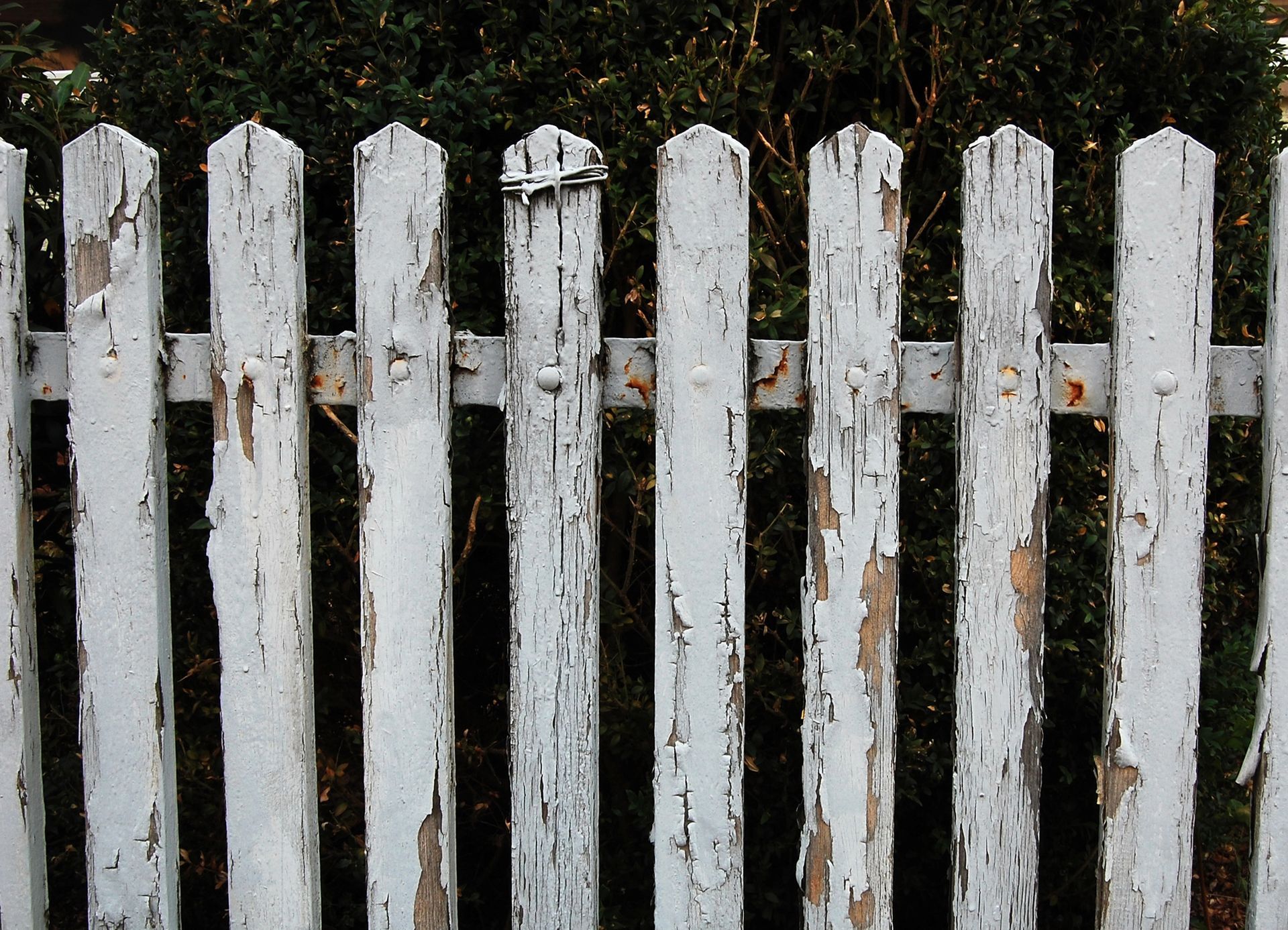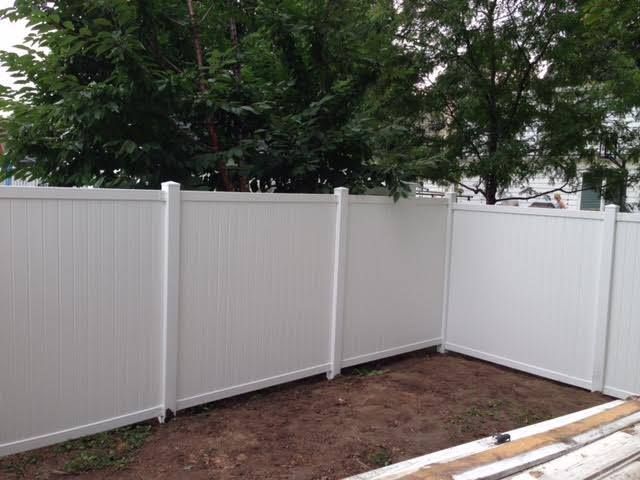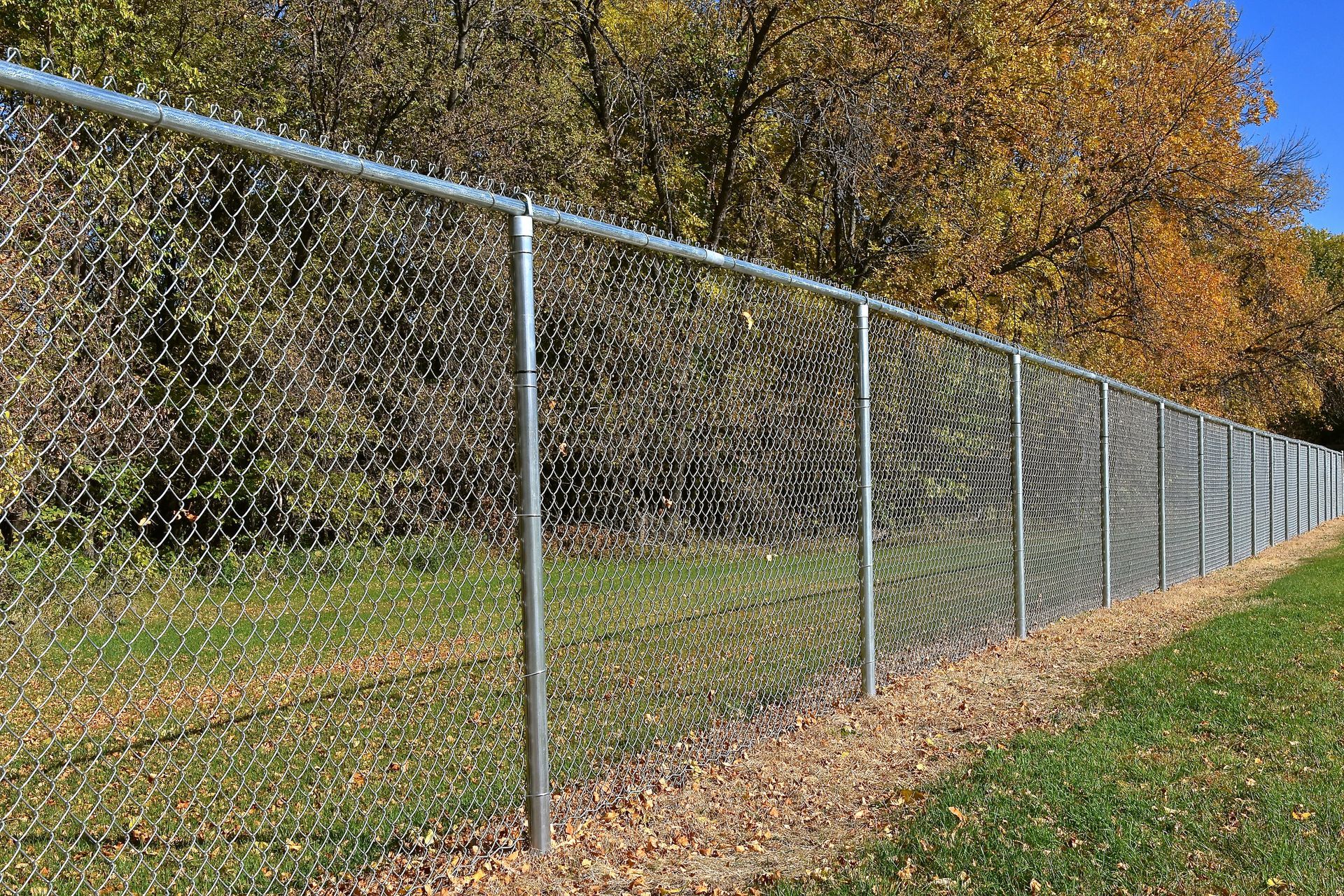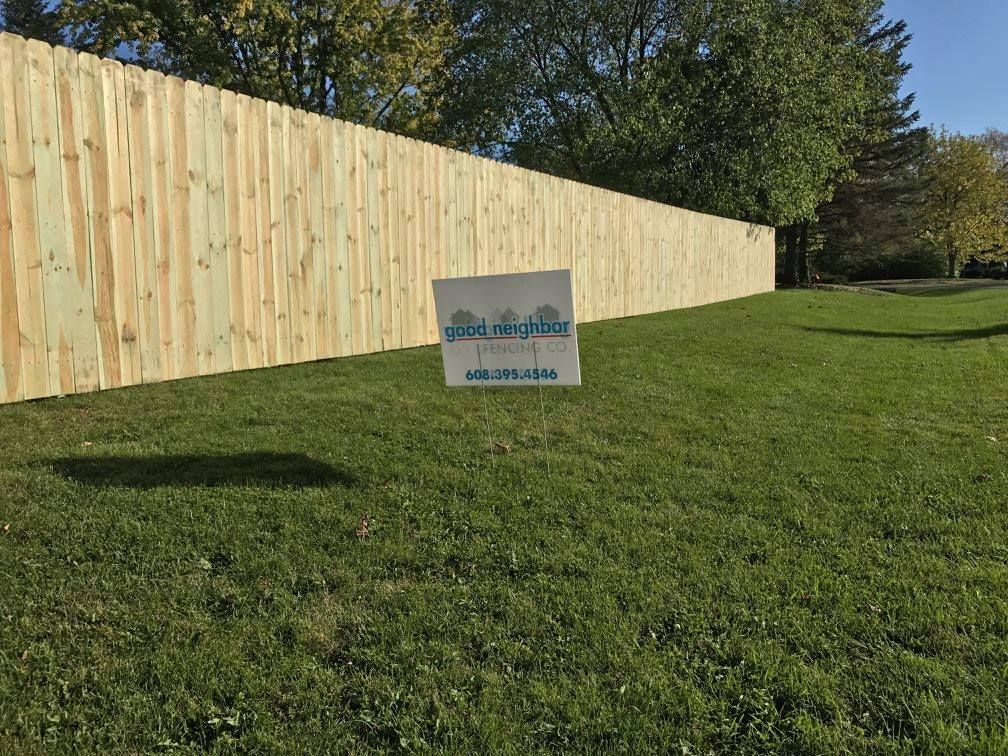Winterizing Your Fence and Gates: Prevent Freeze Damage Before the Cold Sets In
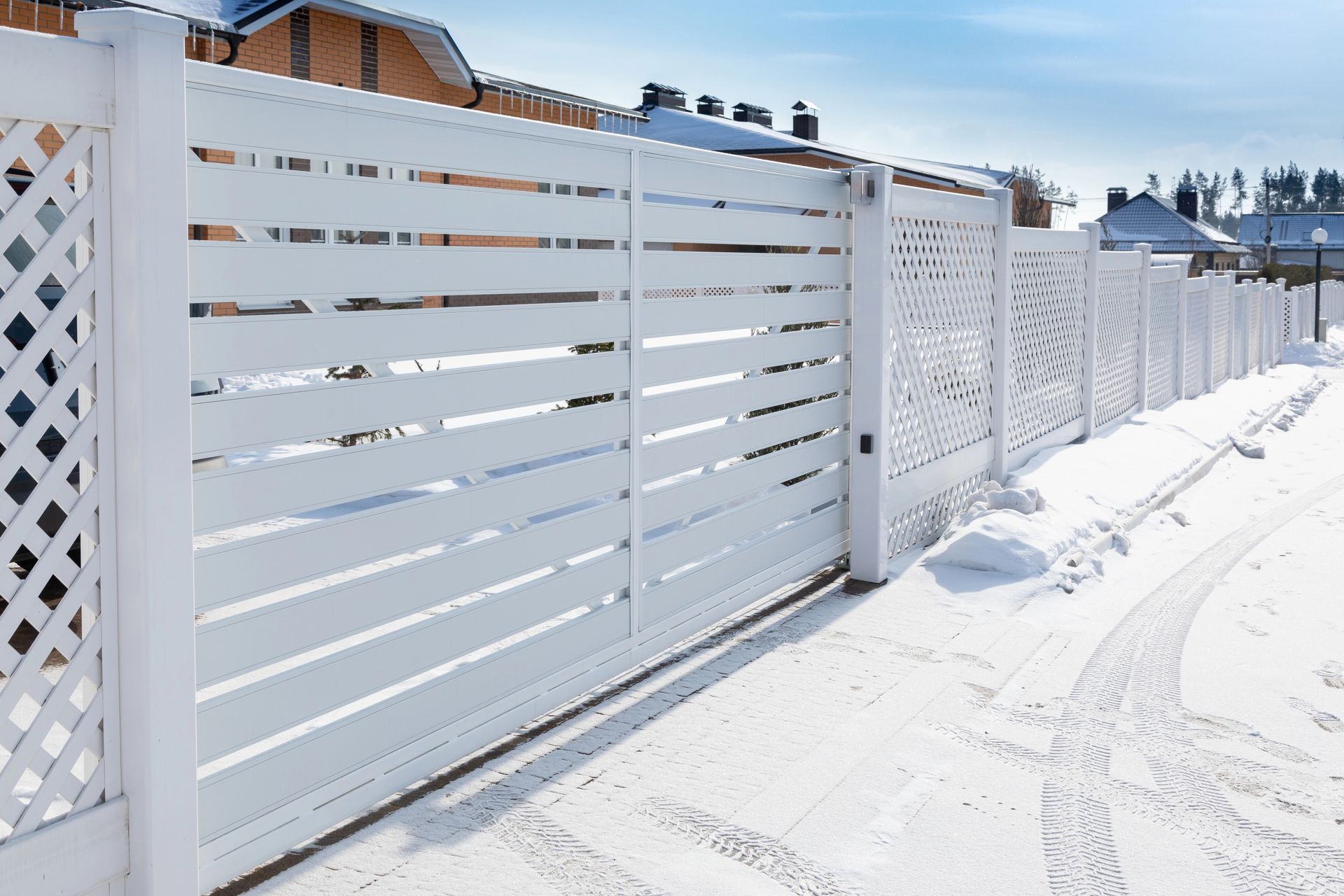
Simple Steps Madison Homeowners Can Take to Protect Their Fence All Winter Long
Winter in Madison brings freezing temperatures, heavy snow, and constant freeze-thaw cycles that can put major stress on fences and gates. Whether you have wood, vinyl, chain link, or aluminum fencing, proper winterization is essential to prevent warping, shifting posts, sagging gates, and long-term structural damage.
At Good Neighbor Fencing, we help homeowners protect their investment and avoid unnecessary repairs by preparing fences the right way before winter settles in. Here’s how to winterize your fence and gates to keep them sturdy and dependable until spring.
Lubricate Hardware to Prevent Frozen Hinges
Cold weather makes metal contract, which can cause hinges and latches to bind, freeze, or crack. Before temperatures drop:
- Apply a silicone-based lubricant to hinges, latches, and moving parts.
- Avoid grease-based products—they thicken in cold weather.
- Check for rust and replace hardware showing signs of failure.
A few minutes of maintenance now prevents stuck gates, broken latches, and mid-winter lockouts.
Adjust Gates to Account for Winter Shifting
Wisconsin’s freeze-thaw cycles cause the ground to expand and contract repeatedly, which can make gates sag or drag.
To prepare your gate:
- Check that the gate is square and properly aligned.
- Tighten any loose screws or bolts on hinges.
- Adjust the hinge pins if the gate is starting to tilt.
- Ensure the latch meets the striker cleanly without friction.
A well-aligned gate is less likely to warp or pull at the posts during winter heaving.
Prevent Frost Heave Around Posts
Frost heave is one of the most common winter problems for fences in Wisconsin. When water in the ground freezes and expands, it pushes fence posts upward—creating uneven fencing, gaps, or leaning sections.
To minimize the risk:
- Ensure posts are buried below the frost line (42–48 inches in Wisconsin).
- Check for poor drainage or standing water around posts.
- Add gravel or soil to areas that hold water.
- Avoid piling snow directly against the fence line.
If you notice a leaning post now, it’s best to address it before deep ground freeze sets in.
Inspect for Wood Rot, Cracks, and Weak Spots
Wood fencing is especially vulnerable in winter, when moisture and cold air accelerate deterioration.
Before winter:
- Seal or stain exposed wood surfaces.
- Replace rotting boards or rails.
- Tighten or replace nails and screws that have pulled loose.
- Remove branches or heavy objects resting on fence panels.
A strong, well-preserved fence withstands winter far better than one already showing signs of wear.
Clear Debris and Vegetation From the Fence Line
Snow and ice can become trapped by overgrown plants or debris, adding unnecessary weight and moisture.
Clean the fence line by:
- Raking leaves away from posts
- Trimming back shrubs and vines
- Removing any piled debris or firewood
- Ensuring snow can drift freely without pushing the fence over
Good airflow and clear ground reduce rot, sagging, and bending during winter storms.
Protect Vinyl Fencing From Brittle Breaks
Vinyl becomes more brittle in extreme cold. While it holds up well, sudden impacts — like shovels, snowblower discharge, or falling branches — can crack panels.
To protect your vinyl fence:
- Mark fence lines near driveways or parking areas
- Snowblow away from the fence
- Use caution when removing ice buildup
- Inspect connectors and brackets
Prevention is key to avoiding costly winter damage.
Prepare Your Fence Today — Avoid Repairs Tomorrow
Taking time now to winterize your fence and gates saves money, prevents premature aging, and helps your system stay safe and functional all winter long.
At Good Neighbor Fencing, we offer repairs, adjustments, and full evaluations to ensure your fence is ready for the months ahead.
Need help winterizing your fence? We’re here to assist.
Contact Good Neighbor Fencing for seasonal maintenance, repairs, or upgrades throughout the Madison area.


